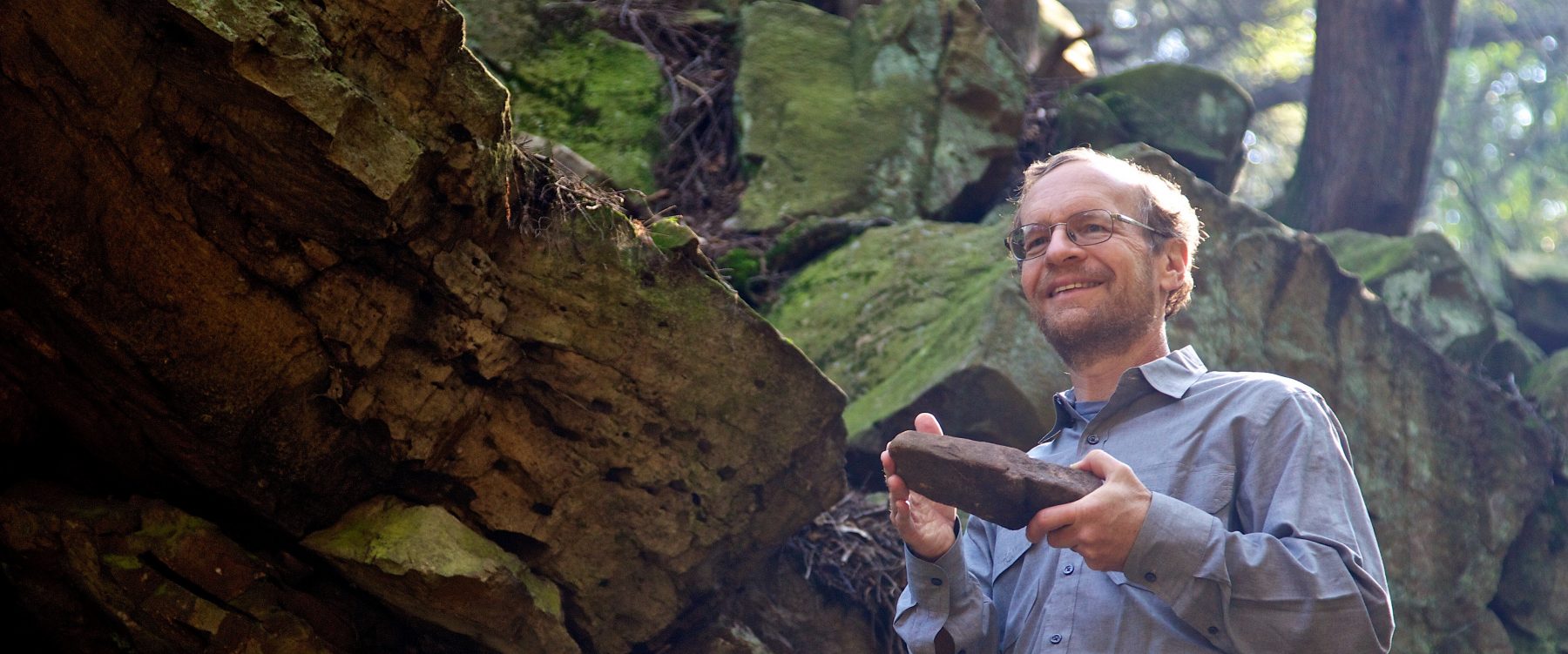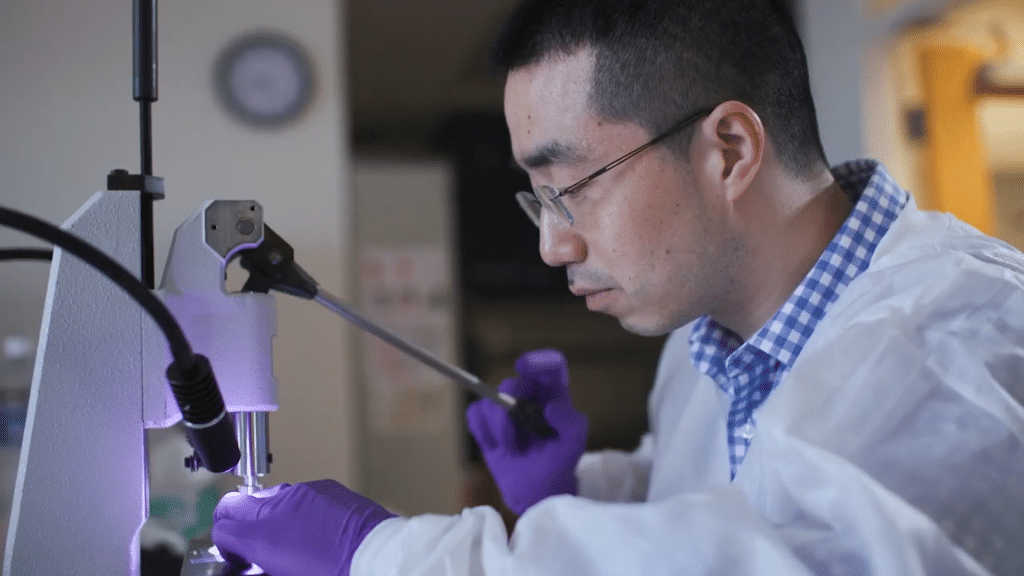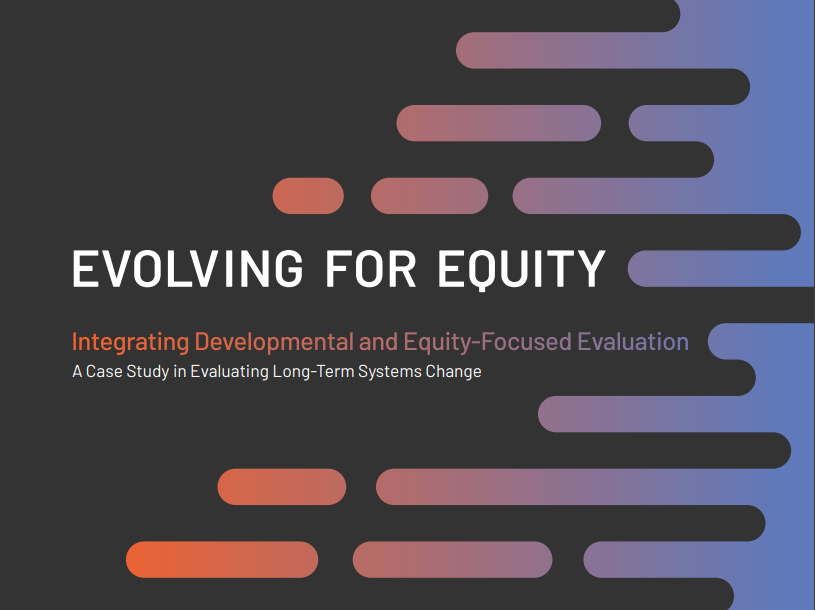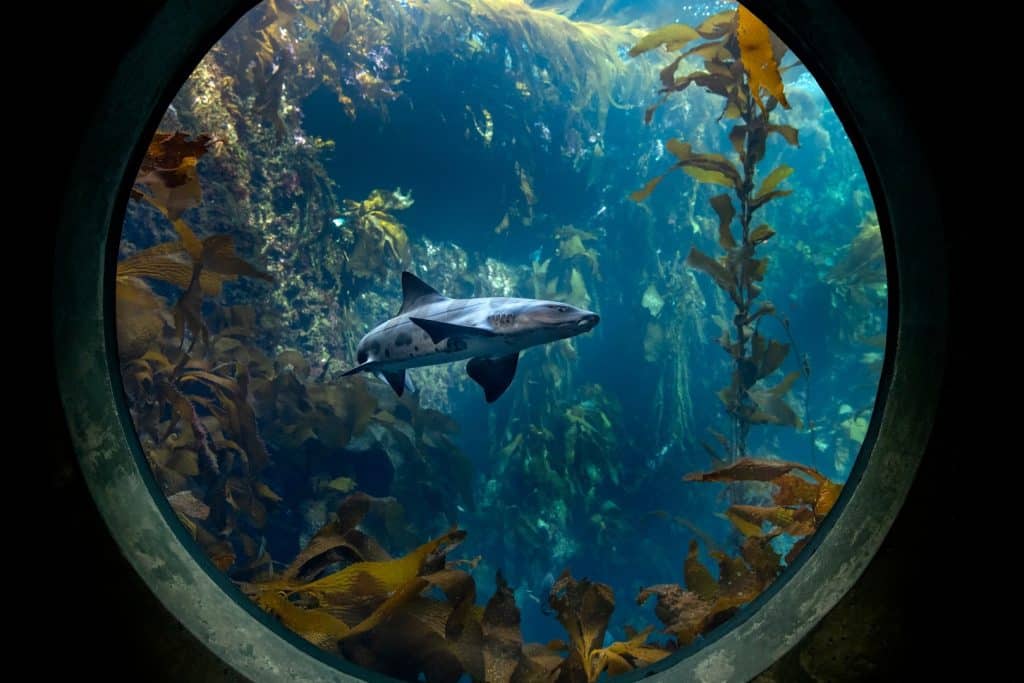The David and Lucile Packard Foundation has selected Richard Alley of Pennsylvania State University to chair the Advisory Panel of the Packard Fellowships for Science and Engineering. Dr. Alley, world-renowned geologist and 1991 Packard Fellow, will lead the prestigious group of scientists and engineers who are responsible for selecting a class of Fellows each year from among a field of early-career scientists and engineers nominated by presidents of 50 universities. Since December 2014, the Panel had been chaired by 2018 Nobel Laureate in Chemistry and 1989 Packard Fellow Dr. Frances Arnold, who will continue to serve as an Advisory Panel Member as she takes on a new leadership role within U.S. President Joe Biden’s administration.
“We are delighted that Dr. Alley will lead the selection of the next generation of Packard Fellows,” said Nancy Lindborg, Packard Foundation President and CEO. “As a preeminent climate scientist, a prolific scientific author hailing from one of our nation’s impressive public universities, and one of the most enthusiastic ambassadors of the Fellows program, Dr. Alley will lead the panel’s rigorous selection process with passion and integrity.”
Dr. Alley earned his Ph.D from the University of Wisconsin-Madison before joining the faculty of Pennsylvania State University in 1988, where he received the Packard Fellowship as a junior faculty member. He has extensive field experience in Antarctica, Greenland, and Alaska, which has informed his ongoing research on climate change. Dr. Alley joined the Packard Fellows Advisory Panel in 2014, and gives back to the scientific community by serving on a number of other panels and committees, including having chaired the National Research Council’s Panel on Abrupt Climate Change and previously serving as a member of the United Nations Intergovernmental Panel on Climate Change that was awarded the 2007 Nobel Peace Prize. He has earned many accolades throughout his career, including being named Penn State Evan Pugh Professor in 2000, and receiving the Heinz Award in 2011 and the Wollaston Medal—the highest award given by the Geological Society of London—in 2017. He is a member of the U.S. National Academy of Sciences, and a foreign member of the Royal Society.
“In my seven years serving on the Advisory Panel, I’ve learned so much from Dr. Arnold about leadership, inspiration, and humility, and I’m honored to have this opportunity to build upon her work,” said Dr. Alley. “I am thrilled to work with the distinguished panel to select future classes of Packard Fellows, and I also look forward to strengthening the bonds within our brilliant community of over 600 leading scientists and engineers.”
Dr. Arnold is stepping down from her role as Chair, which she has held since 2014. During that time, she has inspired future scientists through her welcoming, motivating, and personal remarks at the program’s annual meetings and reunions. In addition to continuing to serve on the Panel and hold her positions as Linus Pauling Professor of Chemical Engineering, Bioengineering and Biochemistry and Director of the Donna and Benjamin M. Rosen Bioengineering Center at the California Institute of Technology, Dr. Arnold has been selected as Co-Chair of the President’s Council of Advisors on Science and Technology (PCAST). In this role, Dr. Arnold will lead a panel of experts offering crucial insights and guidance to the Biden Administration in furtherance of the President’s commitment to making evidence-based decisions guided by the best available science and data.
“It’s been an absolute pleasure and honor to get to know and learn from Dr. Arnold,” said Packard Foundation Board Chair David Orr. “She’s a big part of the success of the Fellows program, and I’m grateful to her both for her years of leadership and her continued involvement. Science-based decision making in government is so important right now, and I can think of nobody better to bring rigor and insight to the President’s Council.”
The Packard Fellowships in Science and Engineering are among the nation’s largest nongovernmental fellowships, designed to allow maximum flexibility in how the funding is used. Since 1988 and guided by the Advisory Panel, the Foundation has awarded $447 million to support 637 scientists and engineers from 54 national universities, supporting the blue-sky thinking of scientists and engineers whose research over time has led to new discoveries that improve people’s lives and enhance our understanding of the universe. Packard Fellows are at the cutting edge of research into critical issues like COVID-19 and climate change, and have gone on to receive the highest accolades, including Nobel Prizes in Chemistry and Physics, the Fields Medal, the Alan T. Waterman Award, the Breakthrough Prize, the Kavli Prize, and elections to the National Academies of Science, Engineering, and Medicine.







